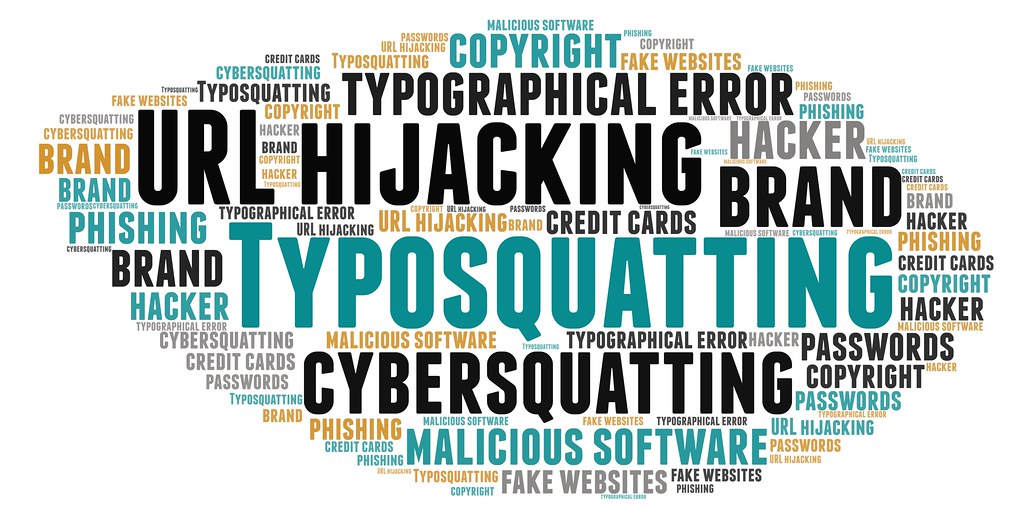A recent trend in cybersquatting cases shows that federal courts are serious about rigorously enforcing the “intent-to-profit” element. “Cybersquatting” is a form of trademark infringement where a person or entity uses a trademarked name as an internet domain name and attempts to profit from that domain name registration by “ransoming” the domain name or by diverting sales and internet traffic from a legitimate website. Cybersquatting was prohibited by the Anticybersquatting Consumer Protection Act (“ACPA”). See 15 U.S.C. § 1125.
To succeed on a claim based on the ACPA, a plaintiff must show that:
- There exists valid trademark entitled to protection
- The mark is “distinctive or famous”
- The cybersquatting domain name is identical or confusingly similar to the distinctive mark or, in cases of famous marks, is dilutive of the mark
- The defendant used, registered or trafficked in the domain name with …
- “A bad faith intent to profit”
See DaimlerChrysler v. The Net Inc., 388 F.3d 201 (6th Cir. 2004).
In a number of recent cases, courts have rigorously applied the fifth legal element and dismissed cybersquatting claims where no evidence was shown of a bad faith intent to profit. For example, in MJC Ventures, LLC. v. Detroit Trading Company, Case No. 2:19-cv-13707 (US Dist. E.D. Mich., June 30, 2020), the court evaluated whether the defendant had committed cybersquatting by continuing to use a website domain name called 1800CARSHOW.com. In that case, the plaintiffs, Matt Campbell and his company MJC Ventures, LLC, owned trademarks related to 1800CARSHOW. At one point, Campbell was the CEO of the defendant Detroit Trading Company, but was ousted by the majority shareholders in a management dispute. However, Detroit Trading continued to use the 1800CARSHOW website and domain name even after Campbell was removed and after Detroit Trading and MJC Ventures ended their business relationship.
MJC Ventures (and Campbell) sued Detroit Trading for various causes of action including a claim for cybersquatting in violation of the ACPA. However, the court ultimately rejected the cybersquatting claim because MJC Ventures could produce no evidence that continued use of the domain name constituted a “bad faith intent to profit.” Courts use a non-exhaustive list of factors to evaluate the existence of bad faith including:
- Defendant’s prior legitimate use of the domain name
- Defendant’s registration of many similar domain names
- Defendant’s efforts and intent with respect to divert customers or to tarnish or disparage the trademark
- Whether there was any offer to “ransom” the domain name
- Any pattern of bad faith behavior with respect to this and/or other domain names
- Defendant’s use of misleading or false contact information during the registration of the domain name and annual maintenance
- And more
In MJC Ventures, there was no evidence that any of these factors were present. The domain name had been registered for a number of years prior to the business falling out, the website had always been used for legitimate commercial purposes, there was never any “ransom” offer, etc. What the facts showed was a business dispute over the continued right to use the domain name, not a violation of the ACPA. The cybersquatting claim was dismissed.
A similar result was reached for similar reasons in Detroit Coffee Company, LLC v. Soup For You, LLC, 396 F. Supp. 3d 754 (E. Dist. Mich. 2019). Detroit Coffee involved a trademark dispute over two trademarks: DETROIT COFFEE and DETROIT BOLD COFFEE. The defendant, owning the latter trademark, created a website with the domain name of DetroitBoldCoffee.com. The plaintiff, Detroit Coffee Co, LLC, alleged that registration and use of that domain name was cybersquatting in violation of the ACPA. However, the court was unpersuaded. The court noted several facts that weighed against a finding of cybersquatting including:
- Detroit Bold Coffee used their domain to sell bona fide goods with no evidence suggesting an effort to divert business from DetroitCoffee.com
- The defendant did not make any effort to “ransom” the domain name
- The defendant did not hide or do anything misleading with respect registering the domain and
- The defendant did not register or possess multiple, similar domains
The court agreed that the two domain names were confusingly similar, but held that violation of the ACPA had not been shown since there was insufficient evidence of a bad faith intent to profit. The ACPA claims were dismissed.
For more information or if you have questions about cybersquatting and/or about internet legal issues, contact the internet lawyers at Revision Legal at 231-714-0100.




